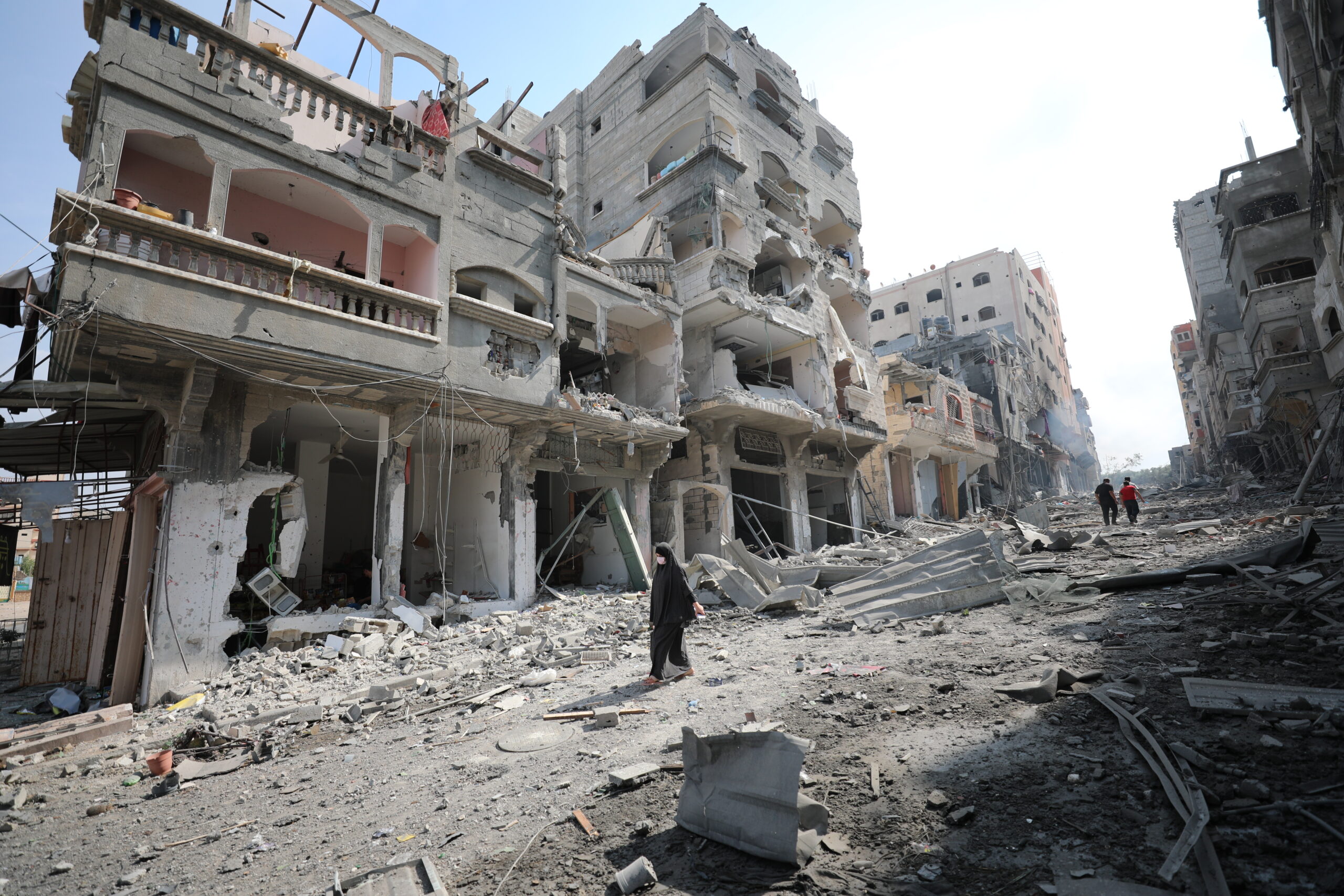The Gaza Strip, home to two million people, has remained a region under severe stress mainly due to conflict and its political situation. The crackdown on the people of Gaza has received a lot of boost through the interference of different players at both local and international levels. To understand the true price of these machinations, one has to look at the daily lives of people in the area.
However, since 2007, Gaza has been under siege from Israel and Egypt after the fall of the Hamas group in control of the area. This blockade aimed at combating security uncertainty has denied the citizens food, medicine and clean water. There is also the humanitarian crisis, where the country’s economy is now worse, and the people’s basic needs are not well attended to.
Barring the two Libyan states, political division in the Palestinian territories adds to the confusion. The division of power between Hamas, in control of the Gaza Strip, and the Palestinian Authority, in charge of the West Bank, working against the Palestinians. Instead of focusing on the humanitarian crisis in Gaza, a division within Palestine itself, along with pressure from the USA, EU, Egypt, and Iran, has turned Gaza into a political chip.
The effects of these political games can easily be seen in the variations that prevail within the daily lives of people in Gaza. Unemployment, particularly among the youths, inadequate infrastructure and health care facilities point to a woeful picture. It is very difficult for schools to function, and the people, including children, suffer psychologically due to the constantly prevailing conflict and insecurity.
Political issues hound most attempts to solve the problem. Sometimes, aid is given, but it is faced with challenges occasioned by the civil war and other administrative constraints. This continues to worsen the suffering of the people of Gaza.
Such a political strategy has a devastating toll on people’s humanity. The population in Gaza, while having to face the various short-term effects of wars, is forced to deal with long-term consequences, including economic crisis, decline in facilities such as water and electricity and lack of resources to support their needs. In most cases, humanity takes backstage to the political and strategic interests of the international community.
To address the crisis in Gaza, there is a need to abandon politics and use the art of politics to help people in need in Gaza. The most important steps should always be to ensure that assistance gets to people in need, to enhance the quality of living conditions and to look for an equitable solution to the conflict.
Based on the assessment given above, it is unfathomable to continue observing the people of Gaza suffer for political reasons, and it is high time their welfare is taken into consideration to achieve an enduring and stable status as opposed to the current volatile and despair-encompassing state of affairs.















